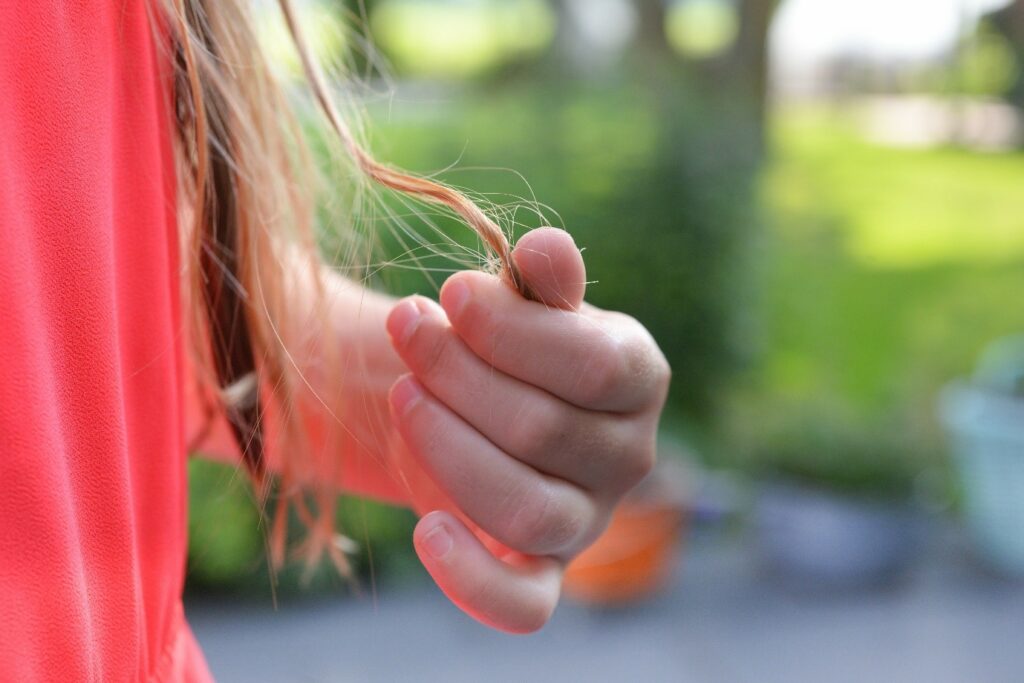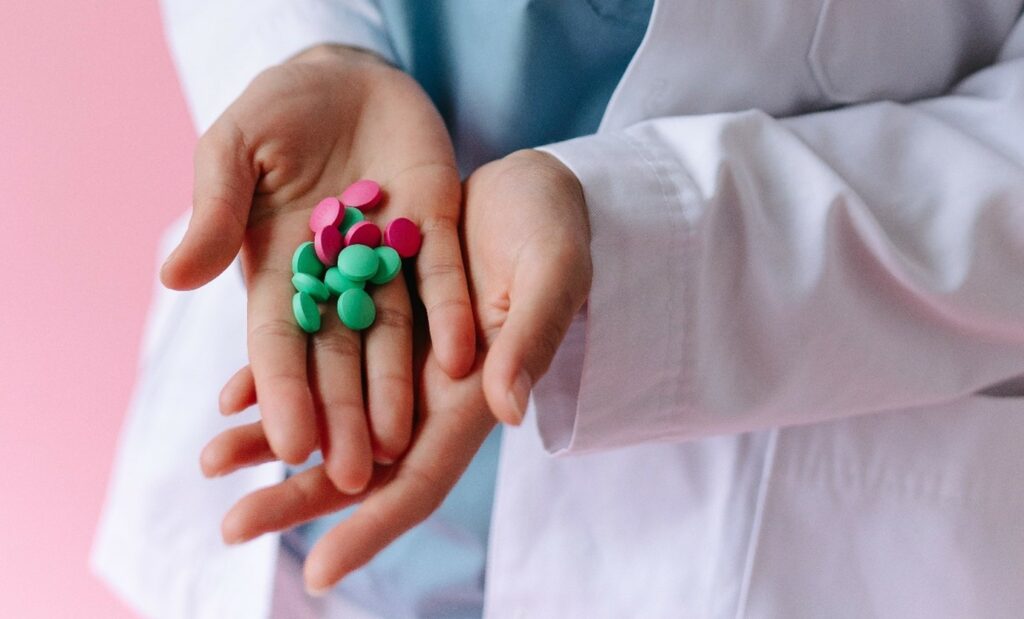Can a Balanced Diet Help Reduce Hair Loss?
Hair loss is normal and natural, you can lose between 50 and 100 hairs a day without noticing. However, there are some cases of hair loss which can cause people distress, if you are worried about hair loss go see your GP. Many people who are concerned ask: what is hair loss why does it happen, and how can I avoid it? This blog post will explain what causes hair loss and ways to prevent it. If your start to notice bald patches, sudden hair loss, losing hair in clumps, or your head starts to itch or burn, you should also go see your GP, they will be able to diagnose you if needed. There are however ways to reduce hair loss naturally and sometimes even prevent it.
Hair loss: why does it happen?
There are many different reasons for hair loss, some are avoidable, some are not. Female and male pattern baldness is permanent and often runs in the family. Temporary hair loss can be cause by illness, stress, iron deficiency, weight loss, cancer treatment and hormonal changes linked to menopause. They can be avoided by treatments and products, but GPs often say many reasons for hair loss are temporary and the hair will grow back or the hair loss is part of getting older, therefore you do not need treatment.

How to prevent Hair Loss
It is proven from research that not having a balanced diet is one of the reasons for hair loss. Because of this many people ask us which vitamin deficiency causes hair loss?
Vitamin B or biotin, one of the B vitamins, is part of the many metabolic processes. Biotin is proven to help reduce the rate at which hair falls out and promotes hair growth. Biotin is available as a supplement but can also be found naturally in foods such as meat, eggs, and nuts.
Vitamin A is another vitamin for hair loss prevention, it helps promote growth as it increases the production of the oily substance known as sebum in the scalp glands. This keeps the scalp moist which, consequently, promotes hair growth. However, pharmacists warn too much vitamin A can actually increase hair loss, as it overstimulates the hair follicles meaning the growth period comes to an end quicker than normal, causing hair loss. The suggested method of how to prevent hair loss with vitamin A is by consuming it in a balanced diet; this means including eggs, oily fish, sweet potatoes, and spinach.
Vitamin D hair loss from a deficiency is an unexpected yet common issue. Vitamin D can help induce hair growth by stimulating the development of hair follicles. Hair follicles are small holes in the skin that the hair grows from. The stimulation of new hair follicles can stop existing hair from shedding and help to encourage hair thickness. Vitamin D is best sourced from the sun, but in darker months, pharmacists suggest increasing your intake of oily fish, eggs and red meat. The lack of knowledge on this vitamin effecting hair loss is why vitamin D hair loss is so common. Some researchers are now suggesting that a vitamin D deficiency can cause alopecia, a condition that causes patchy hair loss.
Iron deficiency hair loss, is caused by a lack of iron rich foods and vitamin C. You need iron in your body to make hemoglobin in your blood. Hemoglobin then carries the oxygen for the repair and growth of cells, including the cells that stimulate hair growth. The vitamin C helps your body absorb the iron from the foods. Therefore, your diet should include oranges, strawberries, broccoli and melon for the vitamin C and spinach, peas, lean proteins, and dried fruit for the iron. If increasing your iron naturally doesn’t work, iron deficiency hair loss can also be solved by taking iron supplements.
Finally, the last vitamin for hair loss is vitamin E, as it helps increase the blood flow to the scalp. This increase of blood flow to the scalp carries the hemoglobin produced by the iron, to the scalp follicles. The oxygen transported via the hemoglobin, then stimulated the growth and repair of the cells that create hair strands which are pushed out of the hair follicle. Overall, vitamin E increases blood flow to the scalp, which in turn stimulates hair follicles to produce healthy hair. It also protects the scalp by creating a barrier to lock in moisture. Vitamin E can be found in green leafy vegetables, nuts, and vegetable oils.
So which vitamin deficiency causes hair loss? In general, any vitamin deficiency isn’t healthy and balanced meals providing all the right nutrients is always recommended, however, vitamins A, B, C, D, and E are all vitamins that shouldn’t be missing in your everyday diet.
Creatine hair loss is something not often talked about. This may be because it is not directly related to hair loss, but it increases the levels of the hormone dihydrotestosterone (DHT), which does. DHT promotes hair loss by binding to hormone receptors in the hair follicles, leading to briefer hair growth cycles and hairs that are thinner and shorter. Due to the lack of growth more hairs are falling out than being replaced. In conclusion more research needs to be done creatine hair loss and DHT levels but it something that people should be aware of as creatine is popular nutrition and sports supplement.

Hair Loss Supplements and Treatments
There aren’t any specific hair loss supplements that can be bought over the counter. You can buy supplements for the vitamins previously mentions however, which may help. Finasteride and minoxidil are the most common treatments for male hair loss, and minoxidil can be used to treat female hair loss. However, finasteride should never be used by women. These treatments only work for as long as their used and are not on the NHS so can be expensive. Another alternative is wigs, which can be provided by the NHS if you qualify for financial help.












